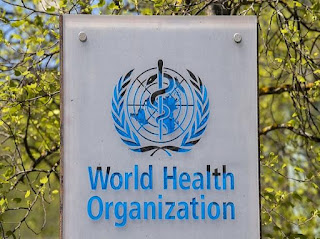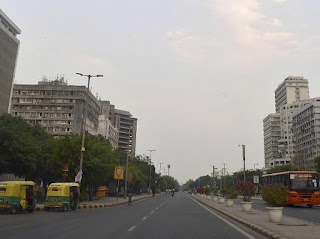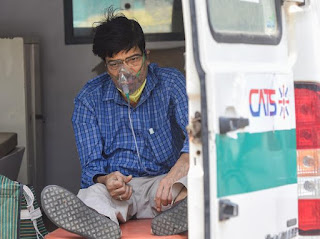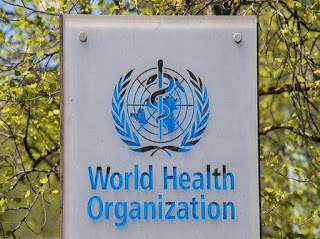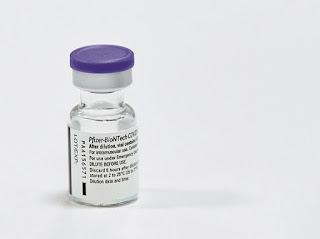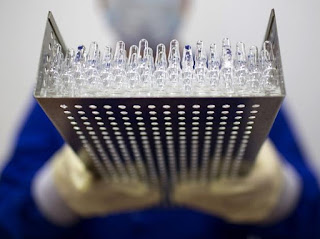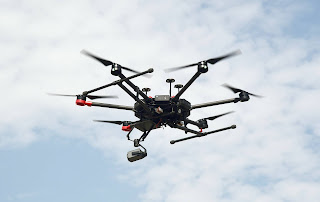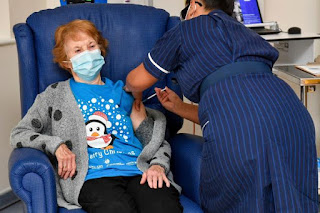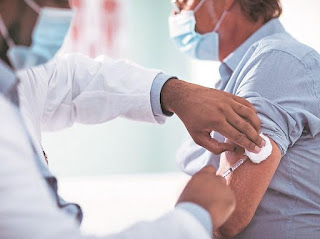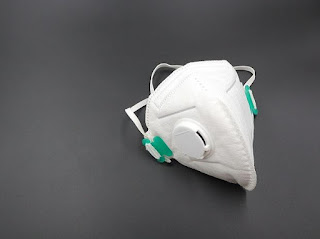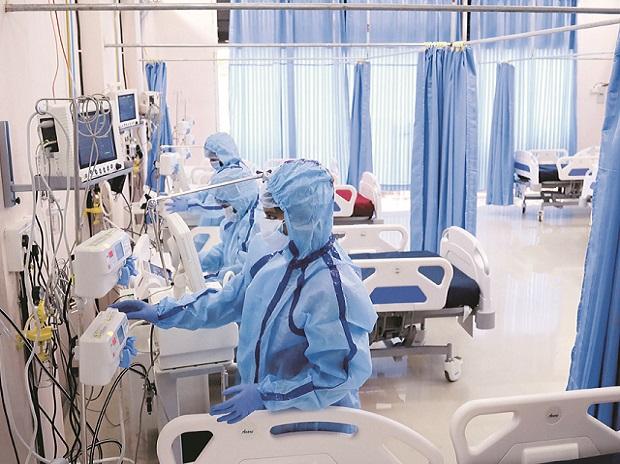WHO members eye pandemic preparation, as new variant emerges
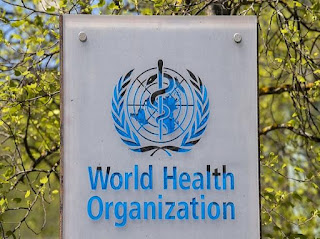
The World Health Organization is opening a long-planned special session of member states to discuss ways to strengthen the global fight against pandemics like the coronavirus, just as the worrying new omicron variant has sparked immediate concerns worldwide. In the wake of diplomatic wrangling, a draft resolution at the special World Health Assembly stops short of calling for work toward specifically establishing a pandemic treaty" or legally binding instrument sought by some, which could beef up the international response when not if a new pandemic erupts. European Union member states and others had sought language calling for work toward a treaty, but the United States and a few other countries countered that the substance of any accord should be worked out first before any such document is given a name. A treaty would suggest a legally binding agreement that would require ratification and would likely incur domestic political haggling in some countries. Read More
